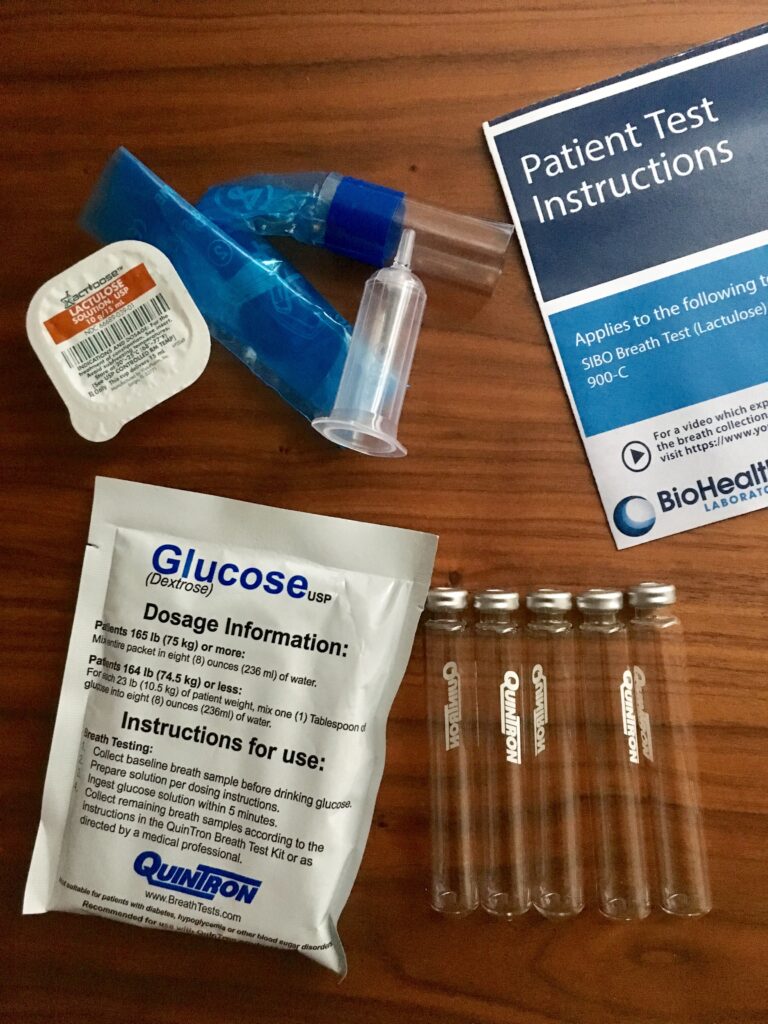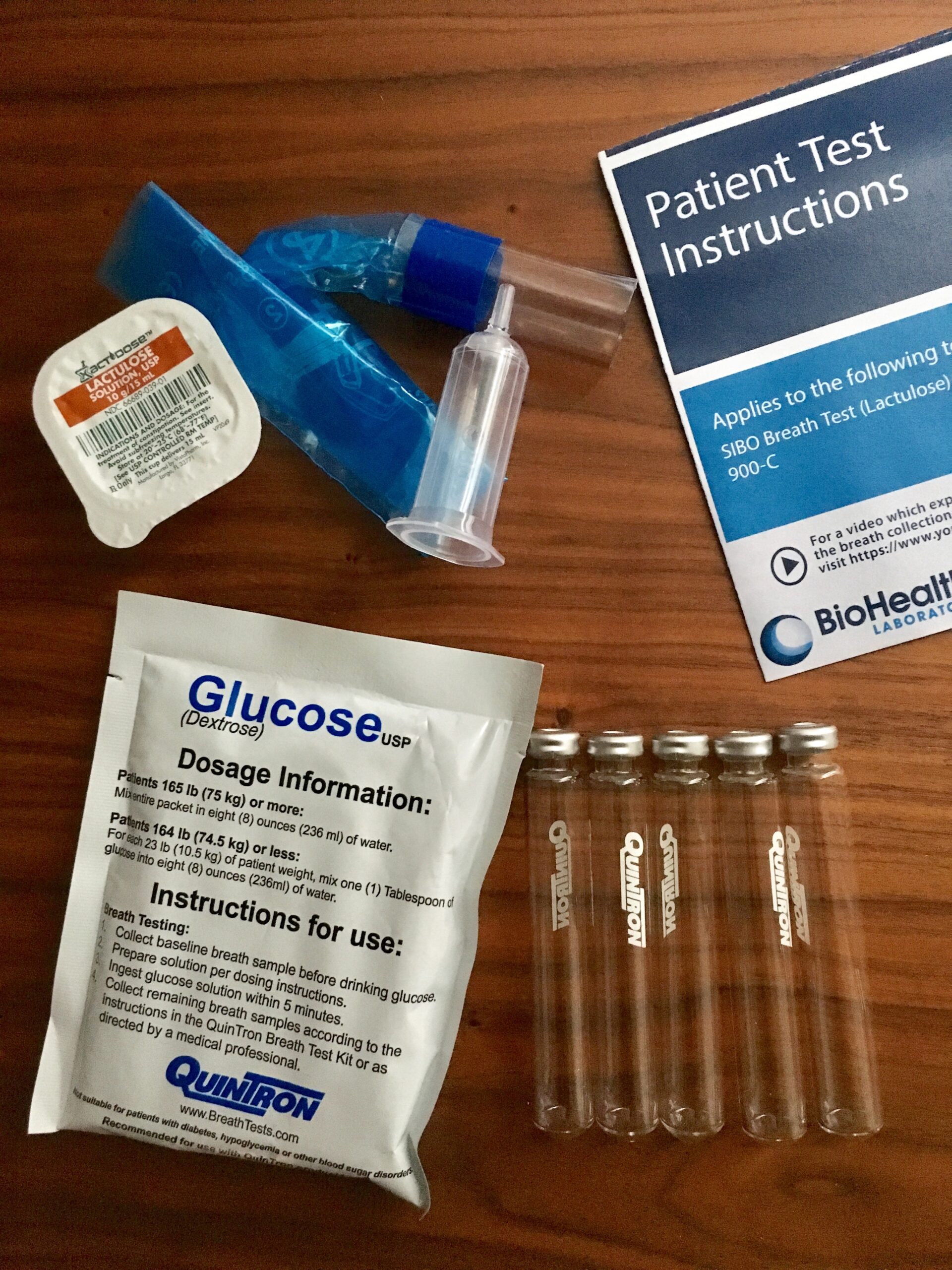
On many occasions we find ourselves suffering from certain conditions heavily related to our stomach, intestines, and liver. These conditions might cause bloating, diarrhea, indigestion, constipation, or pain and cramps, but for some people, these are normal things. If you take weight loss supplements you can also experience digestion problems like diarrhea and nausea. Check my article le-vel thrive side effects if you want to learn more.
For example, I tend to have problems with consuming milk, which is caused by my lactose intolerance and most of the time leads to diarrhea. Others might get bloating because of eating an egg or a bean burrito, while some people might experience indigestion for experience a new type of food for the first time.
These are normal conditions, and most people would agree that they are quite common. But, if the same problems are present, only with much more intensity, and also, malnutrition, you should start worrying, since there’s a big chance you might be suffering from SIBO. Check out Keybiotics Review.
What is SIBO?
SIBO, also known as a small intestine bacterial overgrowth, is a very serious condition in where bacteria (present in other areas of the intestine) invade the small intestine. This causes several symptoms, with pain, diarrhea, and indigestion being the most common ones.
However, malnutrition is also a part of the symptoms wheel, since the bacteria can actually absorb the nutrients you get from food, which leaves the body malnourished and weak. Another way to get hints of suffering from SIBO is weakness, dizziness, and problems with sleeping, combined with the other symptoms.
You can learn more information about all the symptoms over here in case you are interested. Sadly, there’s a lot to learn about how SIBO works and what causes it, but there are some assumptions regarding its origins:
- Irregularities of the small bowel’s structure
- Sudden pH changes
- Malfunctioning immune system
- Malfunctioning of the small bowel’s muscles
People suffering from certain conditions become more prompt to suffering from small intestine bacterial overgrowth, and these include:
- Irritable bowel syndrome
- Gastroenteritis
- Cirrhosis
- Nerve damage
- Portal hypertension
How to Diagnose It
There are several ways to diagnose SIBO, but doctors commonly perform a set of tests and also ask questions regarding your medical history among other things. This can give them hints of the possible infection. Some of these tests include blood and fecal testing.
The physical test of the process is very simple. A doctor might end up gently patting your abdomen to check for signs of inflammation and other hints. This takes little to no time.
At some point, if there’s a hint of SIBO, your doctor might also perform a breath test to deduce whether to take action or not. The most commonly used one is the breath test.
Breath Test
Breath testing is a rather non-invasive experience, and although it requires you to fasten for 12 hours previous to the test, it’s not that big of a deal. Still, you’ll have to spend three hours to properly do the test, so take that into consideration. Skipping breakfast is the best recommendation we have since sleeping counts inside the time frame of the 12 hours of fastening
The test focuses on checking if there’s any presence of hydrogen or methane in the breath, during specific intervals of breathing. These are done after the patient has consumed a sugar solution, like glucose.
According to the test, the presence of hydrogen in the breath after the 90 minutes mark indicates that there are bacteria present in the small intestine. This is why you’ll have to spend three hours doing the test. This hydrogen presence in the breath is caused by the contact between the bacteria and the sugar solution, since release hydrogen or methane which is then released by the breath.
This is why it takes so long: sugar might take from 2 to 3 for it to make contact with the bacteria, and this contact is absolutely required to come up with an accurate result.
It’s Effectiveness
Sadly, SIBO breath tests are not 100% effective, and that is why they are performed multiple times during the three hours period of time, to compare results and confirm the chances of bacteria present in the patient.
Still, the breath test is probably the most used one, since it has gained a lot of popularity because of its simplicity, and you can even get yourself your own breath test kits with instructions. A good example of these smart breath tests can be found in https://smartsibotest.com, with even more detailed information of the condition and how to properly use it by yourself.
This specific test uses lactulose instead of glucose since it claims that glucose might be absorbed by the system before it reaches the bacteria, which can cause a negative result in an actual positive patient.
Treatment
As you might have guessed, bacteria are frequently dealt with using antibiotics. This is also the case since there’s no better way to get rid of lower intestinal bacteria. With that said, you’ll have to engage in a diet, and depending on how severe your malnutrition is, you might also need intravenous therapy to recover some of your fluids and nutrients.
The most important aspect of recovering is taking antibiotics and following the diet accordingly. The diet requires nutritious, balanced meals, with smaller meals throughout the day. You will also need to cut on gluten products if you suffer from celiac disease, but they might be better left out of the diet just in case.
On some occasions, a doctor might recommend you to take an elemental diet, which consists of replacing food for formulas for a set period of time, to balance out the bacterias inside the small intestine.
This period of time frequently takes 15 days, and provide great results, considering that around 80% of the patients had regular breathing during their breath tests after the time frame had passed, concluding that the elemental diet was quite effective at slowing down bacteria growth, allowing the antibiotics do their job with much more efficiency.
Still, there’s much to learn about the disease, what causes it, and whether the elemental diet is better than a regular diet. Overall, it is a matter of being disciplined and allowing yourself to be tested before it’s too late!
